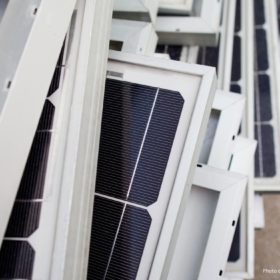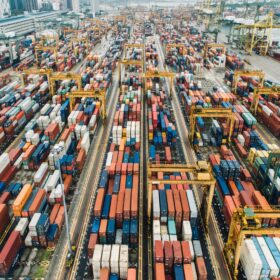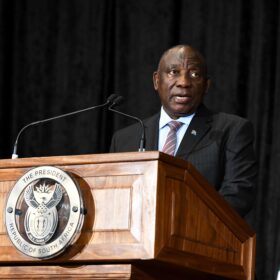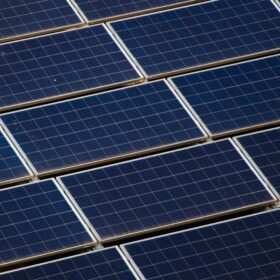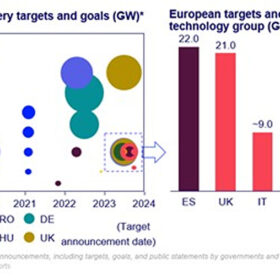‘Being a woman in solar is about more than creating your own career’
This week, Women in Solar Europe (WiSEu) gives voice to Soledad Andrade, Business Development and Operations Specialist at Spain’s Youdera. She says, in its early days, she was often the only woman in meetings or on-site visits, making it harder to prove her value. However, as more women join the sector, it has become a more comfortable and supportive environment for development and growth.
Critical mineral report highlights Australia’s solar panel recycling potential
A new report published by the CSIRO says Australia’s research into solar recycling is second in the world, outside China, but suggests the establishment of mid-stream activities such as the production of metallurgical silicon and polysilicon have big potential.
China’s solar dominance not an issue
In a new monthly column for pv magazine, the International Solar Energy Society (ISES) explains why potential trade disruptions in the global PV supply chain are substantially different from those related to coal, oil and gas.
Ramaphosa reveals 22,500 MW renewables pipeline in South Africa
South African President Cyril Ramaphosa, in his first speech since forming a coalition government in May, said the nation is experiencing a “renewable energy revolution,” with upcoming projects expected to attract around ZAR 400 billion ($21.9 million) in private investment.
Panama cancels renewables auction
Panama has canceled an auction it announced in February for 500 MW of renewable energy capacity. It would have been the country’s first renewable energy tender in a decade and the first in Central America to include battery storage systems.
India developers seek tax relief, supply support in new state budget
India’s Union Budget will be presented next week. Developers in the country hope for lower goods and services tax (GST) and import duties on solar components, as well as a delay in enforcing the Approved List of Models and Manufacturers (ALMM) until domestic supplies improve.
China to conduct comprehensive safety overhaul of battery storage facilities
China’s regulators are reportedly considering a comprehensive fire safety inspection and upgrades of operating energy storage facilities. For older storage stations, enhancing fire safety measures will significantly increase non-technical costs, potentially up to CNY 0.2 per Wh ($0.028/Wh).
‘Scarcity of female peers, role models can lead to isolation, lack of natural allies’
This week, Women in Solar Europe (WiSEu) gives voice to Camille Zimmermann, Investment Director at France-based equity firm Omnes. She says that, when there are women at the helm of companies, it seems there is no problem in finding other talented women to join the ranks of their organizations.
Tackling merchant risk – A deep dive into Europe grid-scale energy storage contracted revenue
Current market conditions are propelling grid-scale project deployment in a more diversified European energy storage market. Anna Darmani, principal analyst – energy storage EMEA, at Wood Mackenzie, examines revenue streams in different parts of Europe and emerging routes to the market.
New UK government signals strong support for solar
Signs of a UK government that’s prepared to back solar have emerged within a fortnight of the Labour Party securing victory in the General Election. The government has already signed off on more than 1 GW of new solar capacity.

